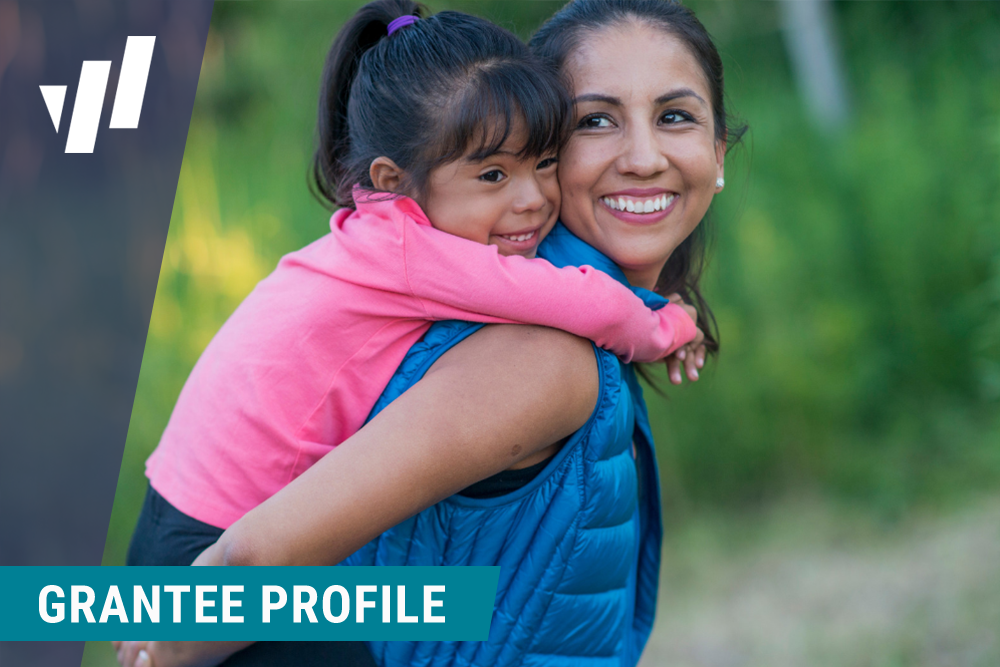
It’s Not Too Late For Me
Eagle County Single Moms Pursue Promising Career Paths
Single moms in Eagle County face tougher circumstances than most single moms in Colorado, making it nearly impossible to get ahead and stay ahead financially. In July 2018, WFCO direct-service grantee Eagle County Department of Human Services (ECDHS) launched its Executive Function and Career Coaching program to help 10 single moms advance from low-wage jobs and unemployment into promising career paths that meet their family’s needs.
A culmination of systemic barriers and a high cost of living limit Eagle County single mothers’ opportunities. Per the Eagle County Early Childhood Roadmap, licensed child care costs are 53% higher than the average cost of all other school districts in Colorado. Limited transportation systems compound the issue, explained Michelle Dibos, the early childhood systems coordinator of ECDHS, citing that the largest child care center has no nearby bus stop. Additionally, expensive housing can force multiple families to live in single trailer homes.
With these barriers to livable wages, it’s not surprising that 5.1% of Eagle County single mothers need public assistance; a percentage that is higher than all other counties in the area.
Through community there is opportunity
In addition to monthly one-on-one career coaching and group sessions, 10 program participants will develop their executive functioning skills: time management, conflict resolution, financial literacy, organization, and professionalism. ECDHS also has made “resource mapping,” an exercise to navigate various public assistance sources and applications, a top priority.
“Filling out the [public assistance] applications are not just time-consuming but often confusing. If you didn’t check the right box, if you didn’t provide the right documentation, or whatever the issue might be then your application is denied. The process can be very disempowering and frustrating to go through. ECDHS recognizes this as an issue and a barrier,” said Dibos.
A whole family approach
That’s why the program includes a “whole family approach,” as Dibos describes it, that will focus on “responding to the needs of the women, including children and other family members in the home to make them feel supported and develop their careers.”
A two-generation approach is essential to the program’s foundation: “You can’t support the child, when the parent isn’t supported,” said by Eric Ishiwata, the program’s designer. Program participants will receive a $600 stipend for child care or other expenses to help reach their individualized career and personal goals.
“Each of these participants is excited about growing and trying to improve their current situations. As long as they’re coming to this table with that kind of energy, we feel it is our responsibility to provide them with whatever support we can offer,” said Ishiwata.
“It’s not too late for me. I can still have hope.” – program participant
Participants’ individual goals range from acquiring a GED to starting a business. High hopes abound for the program after the meet-and-greet launch in July 2018 where the first cohort of participants learned about each other’s varied backgrounds and circumstances.
One participant noted she had “been waiting for a program like this for so long.” Another reflected that the program is helping her realize that, “It’s not too late for me. I can still have hope.”
“ECDHS is a perfect fit for our WAGES cohort. It is an innovative and holistic family approach to advancing economic security for working moms as they transition off public support. ECDHS’ participation enhances the mutual learning with other statewide direct service and public policy nonprofits,” said Lauren Y. Casteel, president and CEO of WFCO.

